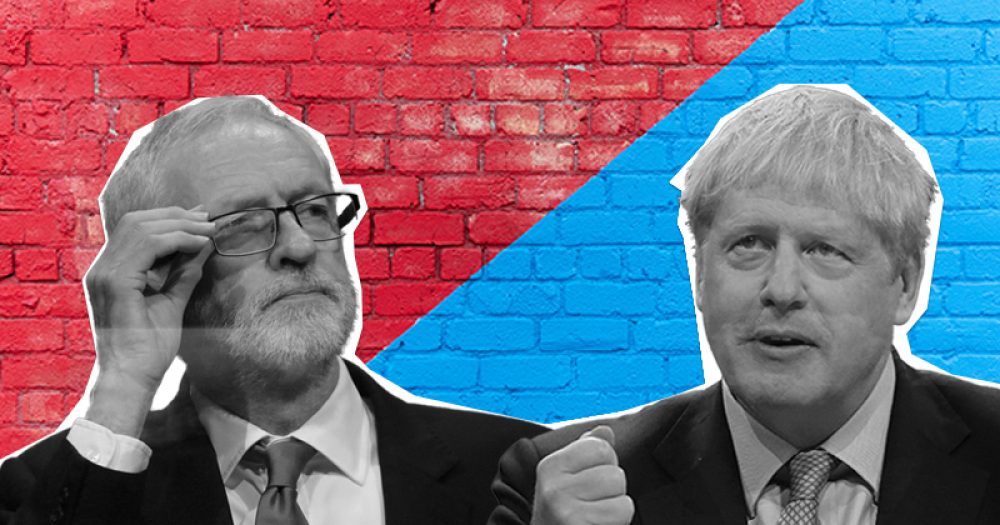The Conservatives have won a majority after yesterday’s general election, propelling Boris Johnson back into Downing Street with a mandate for his education policies.
As of around 5am today, the Tories had won enough seats to govern with a majority, though the full result will not be known until later in the day.
Leading education figures, such as education secretary Gavin Williamson, shadow education secretary Angela Rayner and schools minister Nick Gibb all held onto their seats, as did Robert Halfon, the chair of the education committee in the last Parliament.
Labour leader Jeremy Corbyn has pledged to remain in his role during a “period of reflection” for his party, which is on track to have around 200 seats in the House of Commons. However, he said he would not lead his party into the next general election.
The Conservatives’ win means Johnson will return to Downing Street with a mandate to implement his policy platform.
Although the focus initially is likely to be on Brexit, Johnson now commands the first significant majority of any government since the New Labour years, and will use it to fulfil his domestic policy aims.
Ahead of the election campaign, Johnson had already pledged to increase school spending by £7.1 billion by 2022-23, although the Institute for Fiscal Studies has said this will result in spending per pupil being “no higher in 2022–23 than it was 13 years earlier”.
The Conservatives’ manifesto mostly signalled a business as usual approach to education policy, with commitments to back headteachers on issues like discipline, build more free schools and small grant funding pledges for PE teaching, the arts and wraparound childcare.
However, it does also include an ambiguous pledge to “ensure that parents can choose the schools that best suit their children”, which some have suggested could lead to the expansion of academic selection by the back door.
Following the release of the manifesto, Johnson also pledged to trial no-notice inspections of schools by Ofsted, and to increase the length of inspections from two to three days. The prime minister’s re-election, with a majority, means most of this policy platform is likely to be set in motion.
What about the education MPs?
Gavin Williamson, the education secretary, was re-elected in his safe Conservative seat of South Staffordshire, while his opposite number Angela Rayner re-rook Ashton-under-Lyne, albeit with a reduced majority.
Schools minister Nick Gibb returns as MP for Bognor Regis and Littlehampton, as does shadow schools minister Mike Kane in Wythenshawe and Sale East.
Robert Halfon, the education committee chair in the 2017 to 2019 Parliament, has been re-elected in Harlow.
Gordon Marsden, the shadow skills minister, lost his Blackpool South seat to the Conservatives.
But Layla Moran, the Liberal Democrats’ education spokesperson, now tipped as a future leader after Jo Swinson lost her seat, was returned as the MP for Oxford West and Abingdon, with a larger majority.
In Newcastle North, former Parents and Teachers for Excellence boss Mark Lehain failed in his bid to take the seat from Labour’s Cat McKinnell.
But Richard Holden, formerly Gavin Williamson’s special adviser, won the North West Durham seat from Labour’s Laura Pidcock.
This section will be updated as results come in.








Your thoughts